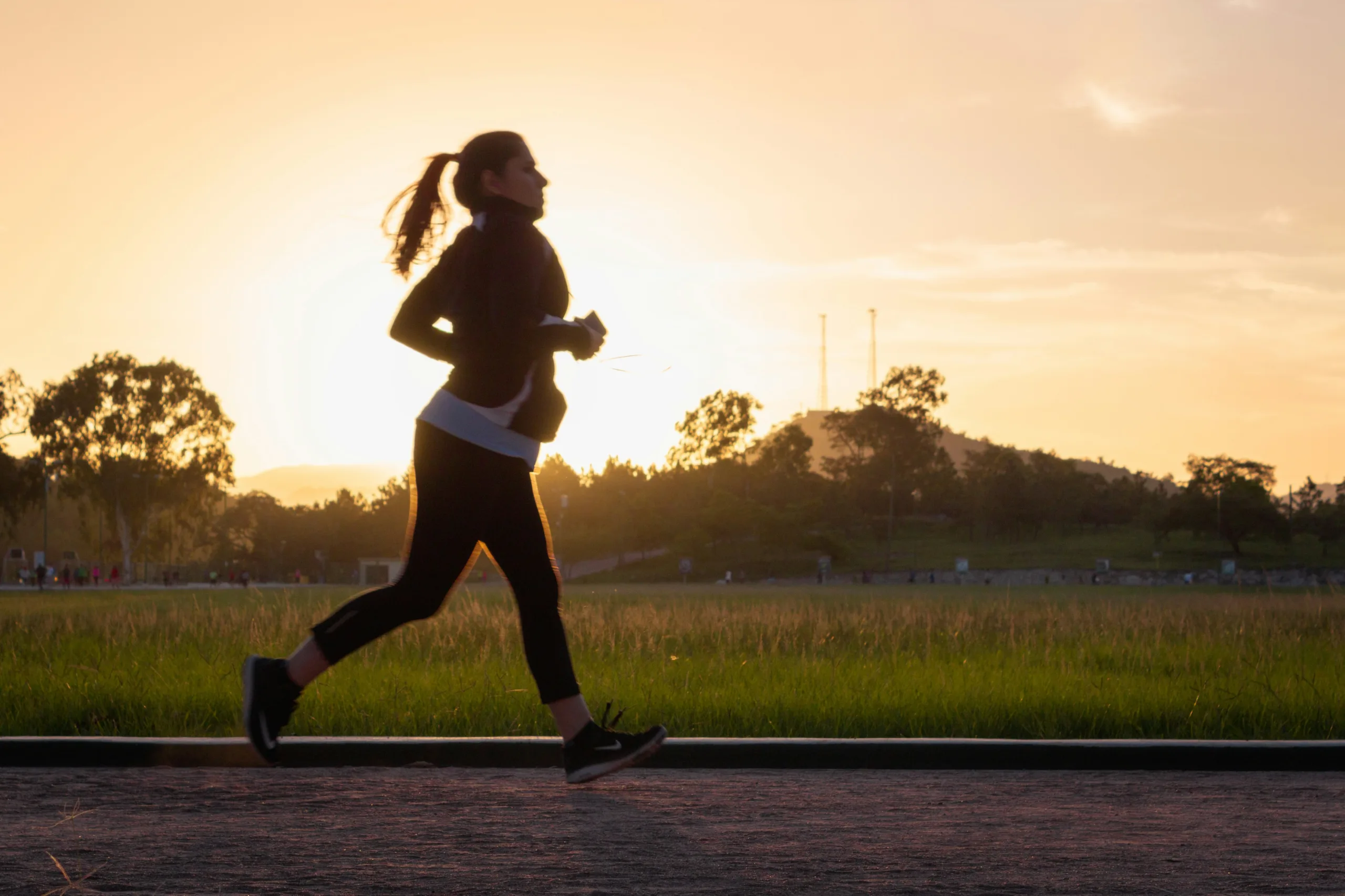We had to include an article dedicated to the art and science of hydration to our Race Season Ready series! Hydration is more than just quenching your thirst. It’s a science that can make or break your race performance. Regardless of your fitness level, proper hydration helps maintain energy levels, supports muscle function and prevents dehydration-related issues. Whether you’re a seasoned marathoner or plan to walk your first race next year (see last week’s article for tips), understanding how to hydrate effectively can make a significant difference in your performance and overall health.
Signs of Dehydration
Let’s begin with the essentials. Dehydration can impair your body’s ability to regulate temperature and can lead to heat-related illnesses, which are especially dangerous during intense physical activity. Recognizing the signs of dehydration can be crucial. This skill can help you prioritize rehydration and avoid an unnecessary ER visit or worse.
Signs of mild dehydration can include thirst, dry mouth and dark yellow urine. Slowly drink small amounts of cool water and consider electrolyte drinks if you find yourself experiencing these symptoms. Moving to a cool place, loosening tight fitting clothes and simply taking a break from physical activity can also help.
Moderate dehydration can be identified by dizziness, headache and muscle cramps. When these symptoms arise, it is important to take action promptly. All of the methods we mentioned for mild dehydration still apply, but using oral rehydration solutions with a balanced mix of salts and sugars to help your body absorb fluids more effectively can be effective as well. Above all, please keep an eye on your symptoms and get medical attention if they do not approve.
Symptoms of severe dehydration include extreme thirst, very dry skin, dizziness, confusion, and little to no urination. If you notice these symptoms, it’s crucial to act fast. Severe dehydration is a medical emergency and requires immediate attention. Go to an emergency room if you feel any of these symptoms.
Hydration Essentials: Often Overlooked Considerations
When it comes to staying hydrated during race training, most of us focus on the basics: drink plenty of water. However, there are several crucial factors that are often overlooked but can significantly impact your results. By considering factors like climate, body weight, and sweat rate, you can tailor your hydration strategy to meet your unique needs and enhance your performance.
Climate and Altitude: Training in hot, humid, or high-altitude environments can increase your fluid needs. Be sure to adjust your water intake accordingly to prevent dehydration.
Weight: You will find countless guides online giving advice on how much water to drink every day, but most aren’t tailored to our individual body types. Heavier individuals may require more water to stay hydrated. Adjust your intake based on your body weight.
Age: Older adults may have a reduced sense of thirst and should be mindful to drink regularly, especially when training for a race.
Workout Type: Intense workouts or walks or runs in hot conditions will increase your fluid needs. Plan to drink more during and after these sessions.
Medications: Certain medications can increase your need for water. Diuretics, for example, can lead to increased urination and fluid loss. Conversely, some medications might require you to limit your water intake. Always check with your healthcare provider about how your medications might affect your hydration and training needs.
Sweat Rate: Everyone sweats at different rates. Understanding your sweat rate can help you determine how much fluid you need to replace during and after workouts. Consider weighing yourself before and after a workout to gauge how much water weight you’ve lost.
Electrolyte Balance: It’s not just about water! Maintaining electrolyte balance is crucial. Consider incorporating electrolyte-rich drinks or supplements, especially during long training sessions, to replenish lost sodium, potassium, and other minerals.
Timing: Spread your water intake throughout the day rather than consuming large amounts at once. This helps maintain consistent hydration levels and prevents overloading your kidneys.
Hydration Aids
It’s not just about water! Maintaining electrolyte balance is crucial. Consider incorporating electrolyte-rich drinks or supplements, especially during long training sessions, to replenish lost sodium, potassium and other minerals. Keep in mind – It’s important to test any hydration aids during your training sessions to ensure they work well for you and don’t cause any unexpected issues on race day.
Electrolyte Drinks:
- Benefits: Replenish lost minerals like sodium, potassium and magnesium, which are essential for muscle function and preventing cramps.
- Drawbacks: Some can be high in sugar and calories, which might not be suitable for everyone.
Energy Gels and Chews
- Benefits: Provide quick energy and electrolytes during long races.
- Drawbacks: Can cause stomach discomfort if not taken with enough water.
When NOT to Drink Water
This topic might seem counterproductive. While it’s important to stay hydrated, it’s equally important to listen to your body and avoid overhydration, which can be just as dangerous as dehydration. There are also times when drinking water might simply not be beneficial and cause discomfort that could interfere with your training. Here are some key moments to avoid drinking water to ensure optimal performance and comfort from your training sessions all the way up to race day.
Immediately Before Intense Exercise: Drinking a large amount of water right before or during intense exercise can lead to discomfort or even nausea. Instead, sip small amounts of water throughout your workout.
When Eating Large Meals: Drinking too much water during meals can dilute stomach acids, potentially affecting digestion. It’s better to drink water before or after meals.
Before Bed: Drinking a lot of water right before bed can disrupt your sleep with frequent trips to the bathroom! Try to hydrate well throughout the day and limit the amount of water you drink before bedtime.
When You’re Already Hydrated: Overhydration can lead to a condition called hyponatremia, where the sodium levels in your blood become too diluted. This can be dangerous, so it’s important to listen to your body’s signals and not force yourself to drink water if you’re not thirsty.
By being thoughtful about your hydration strategy, you’ll be well on your way to achieving your race goals and enjoying every step of the journey! At Beyond Podiatry, we’re dedicated to supporting your race training needs. Contact us today to have one of our doctors oversee your training or help set you up for a safe and enjoyable race season!








